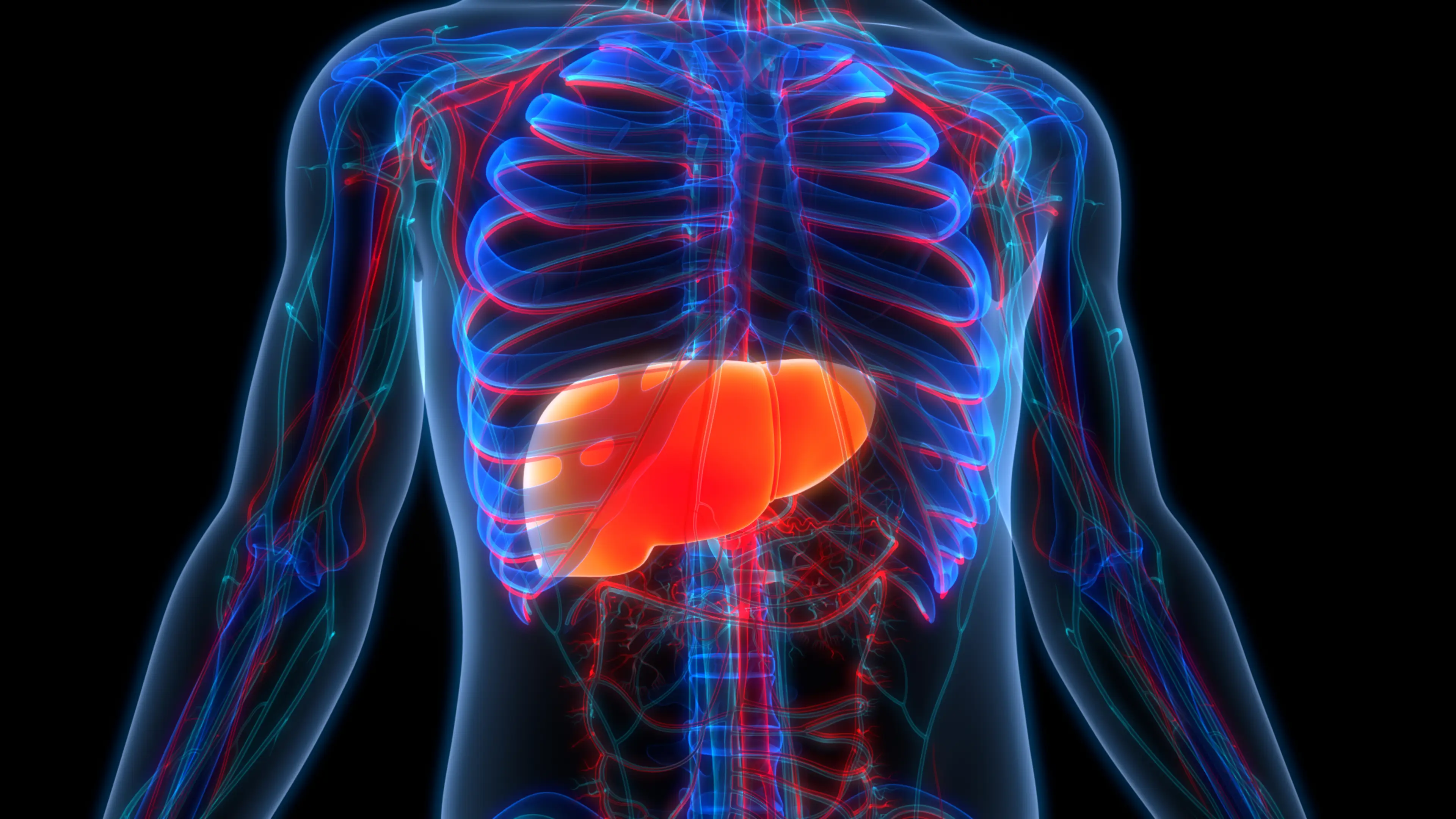
Giving up alcohol can come with a multitude of benefits and people choose to give up alcohol for all sorts of reasons.
Sometimes it's for our health, sometimes we do it to join in with challenges like Sober October or Dry January and sometimes it's because we realise we don’t get much out of drinking anymore.
A survey in early 2023 suggested that around nine million people in the UK were planning to take part in Dry January, showing just how widespread the desire is to step back from alcohol. And since then, the trend towards cutting back remains strong, and the rise of non-alcoholic drinks and options is evidence that drinking culture is no longer as big as it was.
Now if you're curious about giving up drinking, it might be worth exploring what actually happens to the body when you stop drinking. The answer depends on how much you usually drink, but the timeline of changes could look something like this...
Advert

The first few days
For heavier drinkers, the first 24 hours without alcohol can bring withdrawal-like symptoms. Anxiety, headaches and sweating are common, and essentially an echo of hangover symptoms.
By 48–72 hours, these tend to subside and it feels better. However, those with severe dependence may experience more dangerous effects, including 'delirium tremens' (DTs). This condition, which typically occurs within 12–72 hours of the last drink, can involve hallucinations, confusion, spikes in blood pressure and uncontrollable shaking. It requires medical attention.
1 week
Most people will find symptoms easing within a few days to a week.
As your body adjusts, sleep begins to improve. Alcohol disrupts the brain’s REM cycles, so cutting it out allows for deeper, more restorative rest. People often notice feeling more creative, sharper and more energetic. Confidence in decision making may also rise, thanks to clearer thinking.

2 weeks
By the second week, your digestive system starts to stabilise and any nausea you felt will start to ease off.
Alcohol irritates the stomach lining and increases acid production, so without it, the gut feels calmer. Many people also start to notice weight loss, since beer, wine and spirits are high in calories.

3-4 weeks
At this stage, the improvements stack up and the decision to cut out alcohol will feel like it's bringing health benefits.
Kidney function strengthens, stroke risk lowers, and blood pressure typically begins to fall. Our skin often looks clearer and feels more hydrated, a reflection of better circulation and reduced dehydration.
The liver, provided it hasn’t sustained serious long-term damage such as cirrhosis, is usually able to repair itself within a month. This restores its vital roles in immunity, clotting regulation and energy balance.
Beyond a month
By the four-week mark, most of the uncomfortable side effects have faded, leaving behind clear benefits of better sleep, more energy, healthier skin, and often a leaner physique. On top of the physical changes, there’s the psychological boost of knowing you’re saving money and building healthier habits.
Giving up alcohol, even temporarily, can be a challenge, especially if drinking has been tied to socialising or routine. But the benefits emerge quickly, and can be widely felt.
For those looking for guidance or support, organisations such as DrinkAware and Drinkline offer confidential advice and resources to make the journey easier.
Please drink responsibly. If you want to discuss any issues relating to alcohol in confidence, contact Drinkline on 0300 123 1110, 9am–8pm weekdays and 11am–4pm weekends for advice and support.
